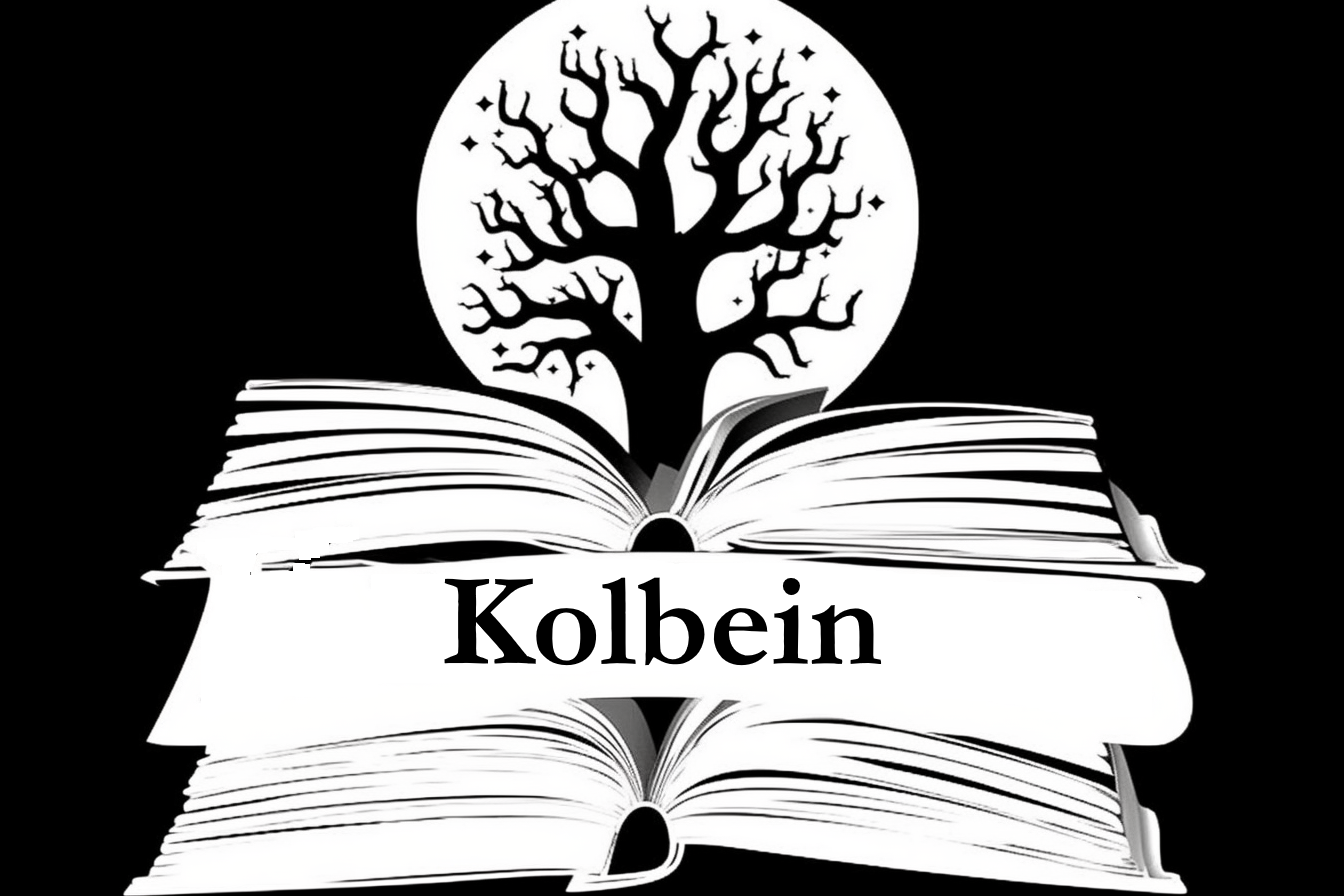Vi lever i en tid, hvor bivirkninger fylde mere end hovedvirkninger. Vi ser hver gang der opfindes en ny teknologi, at mange mennesker bekymrer sig mere om farerne end om om de store goder den ny teknologi kan medføre. Lad mig give nogle eksempler:
- Genmodificerede organismer (GMO) til madproduktion. Folk benægter, at der er gener i deres mad og er som flest bange for og arge modstandere af GMO til produktion af mad (ikke til medicin dog). Uden at gøre sig klart, at hvis vi for fuld kraft havde taget denne teknologi til os over hele verden ville fødevareproduktionens arealforbrug være det halve af nu og alle dens øvrige aftryk også været meget mindre. Samtidig med at maden ville have været billigere, sundere og mere velsmagende
- Atomkraft. Hvis Danmark for 40 år siden havde bygget en 2-3 store moderne atomkraftværker ville vi kunne have sluppet for alle klimanaragtigherne med energi som vinden blæser og solceller – i et land som DK, hvor solen kun skinner halvdelen af året
- Medicinudvikling. Angsten for bivirkninger ved medicin har kostet og koster stadig millioner af menneskeliv og livskvalitet, fordi ekstremt dyre og bureaukratiske godkendelsesprocedurer forsinker den gode virkning af medicinen i årtier
Jeg anbefaler med fornøjelse: Faster, Please, hvis seneste udgivelse har en beskrivelse af hvad der skete med trykpressen i Tyrkiet. Her er et ChatGPT resume af artiklen:
The essay “What the Printing Press and Stagnation in the Islamic World Teach About AI” by James Pethokoukis discusses the historical impact of the printing press and draws parallels with current attitudes towards Artificial Intelligence (AI). It highlights how the Ottoman Empire’s rejection of the printing press in the late 15th century led to a missed opportunity for technological and economic progress. This cautionary tale serves as a metaphor for the contemporary challenges and potential risks associated with embracing or rejecting AI.

Key points from the essay include:
- Historical Context of the Printing Press: The essay notes that while Johannes Gutenberg invented the printing press around 1450, the Ottoman Empire suppressed its use for about 250 years. This suppression was primarily due to job loss concerns from calligraphers, fears of misinformation from printing fake versions of the Quran, and general uncertainty about the technology’s impact.
- Impact of the Press on Western Europe: In contrast to the Islamic world, Western Europe rapidly adopted the printing press, leading to significant advancements in various fields. The printing press facilitated the spread of knowledge and ideas, contributing to economic and educational opportunities that were not possible before.
- The Ottoman Empire’s Missed Opportunity: The essay argues that the Ottoman Empire’s failure to adopt the printing press was a major missed opportunity in economic and technological history. This decision led to stagnation in math, science, and culture, causing the Islamic world to fall behind.
- Comparison with AI: The author draws parallels between the historical context of the printing press and current discussions about AI. He suggests that similar factors of caution, apathy, and ignorance could hinder the adoption and integration of AI in modern societies, potentially leading to missed opportunities similar to those experienced by the Ottoman Empire.
- Economic and Technological Implications: The essay stresses that rejection of new technologies like AI could have far-reaching economic and technological consequences, potentially affecting a nation’s or region’s competitive advantage in the global arena.
- The Role of Trade-offs and Misinformation: The author acknowledges that while new technologies bring trade-offs and challenges, such as misinformation and disruption, they are essential for progress and should not be outright rejected due to fear or uncertainty.
In summary, Pethokoukis’s essay uses the historical example of the printing press and the Ottoman Empire to illustrate the potential risks and opportunities associated with the adoption of new technologies like AI. He warns against the dangers of stagnation due to over-caution and emphasizes the need to embrace innovation while managing its challenges.



